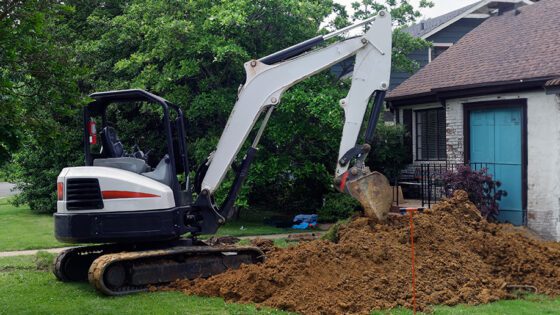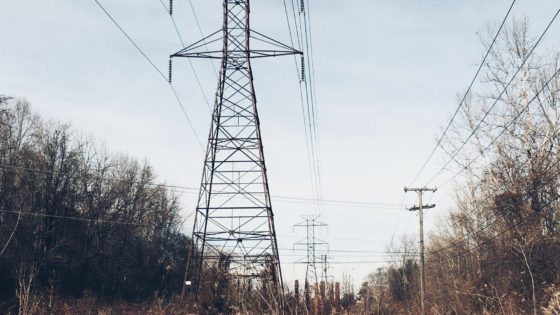So the NCDOT doesn’t want your entire property. They just want to pay you for an easement to access your home or business property for utility lines. Or maybe they just want to run a drainage pipe underneath your property — or temporarily park construction equipment, while widening a nearby road.
(That’s not so bad, you think.)
Pay close attention to that easement agreement. They will likely pay you one time and one time only. Even if they come back in 10 or 15 years and decide they need to raise a utility pole in your front yard, or build a power transformer, or dig that drainage ditch deeper, you may not get paid any more.
When a government agency wants to take your land for an easement or a right of way, here’s some free advice…
Get an attorney to read the fine print carefully, footnotes and all.
Many eminent domain attorneys will likely do this for free!
If you’re thinking, “Well that’s because you’re lawyers,” you’re exactly right. As lawyers (two of whom used to represent the NCDOT), we’ve seen what can happen to unsuspecting property owners who don’t fully understand what an easement contract may potentially imply down the road.
Consider the case of our client Ferondo M. When a representative of the NCDOT visited him at his lucrative place of business, they insisted that the utility easement they wanted to pay him for would not affect his business much at all. When Ferondo contacted us, he learned that wasn’t necessarily the case. His business would indeed be affected – potentially very much so. As a result, we were able to prove to a jury that Ferondo deserved more than 10 times the amount the NCDOT offered.1 Read Ferondo’s story.
Easement contract language can be confusing and vague
Because easement contract language can be vague and sometimes confusing, we suggest that before signing any easement agreement – however seemingly simple – you contact an NC eminent domain attorney. It can often take an experienced eye to decipher exactly what may be intended for the future of your property.
Fully understanding easement terms and conditions is important for two reasons. The language may potentially determine:
- What happens to your property at any time in the future
- How much you’re likely to be compensated for that potential scenario
Questions to consider when giving up land for an easement
Consider a permanent slope easement, for example. No biggie, you think. The authorities just want the right to raise or lower and maintain the elevation of my property in the easement area for a new road or sidewalk. But are they putting your property in a hole? Will your business driveway become too steep for your customers? Will you be perched on top of a freeway at some point? What about future rights? The agency may potentially have the rights to raise or lower that slope however it deems necessary to support the project at any time in the future.
And there’s the potential that you may not get paid for subsequent alterations.
What about temporary easements? Like a construction easement, for example – typically used to park or store large heavy equipment for the project. Ask yourself: How long is temporary? Is the condemning agency only going to be on your property for a month or will they be working there for years? And just who will be traipsing back and forth on your property to get access to the equipment? How much equipment will be parked there and what kind of equipment?
For all easement instances, you should ask: How does the easement affect the use of my remaining property? Sometimes a slope easement may be buried in the contract language of a temporary easement. But unless you know how to read NCDOT contracts, you might not realize the full extent of this “temporary” easement.
Construction easements can be used to store materials needed for the project, and even the large equipment used to construct the project. Would you want to have a construction storage and staging area placed at the front of your business or home – potentially for many months or years?
Whether a construction easement, utility easement, slope easement, or drainage easement – all easements can potentially have hidden language that may impact your property or business for many years to come, with potentially no additional compensation.
Get a FREE evaluation from North Carolina easement lawyers
With more than 100+ years of experience among our eminent domain attorneys, we have learned from the school of hard knocks not to take easement contracts lightly.
If you are in a situation in which the NCDOT or any other government authority is asking you to sign an easement contract, contact us immediately or call 1-877-393-4990 for a free case evaluation. We can usually let you know right over the phone if you need our help.
PS… Here is more food for thought if you are considering signing an easement contract.
Why Eminent Domain Experience Matters



